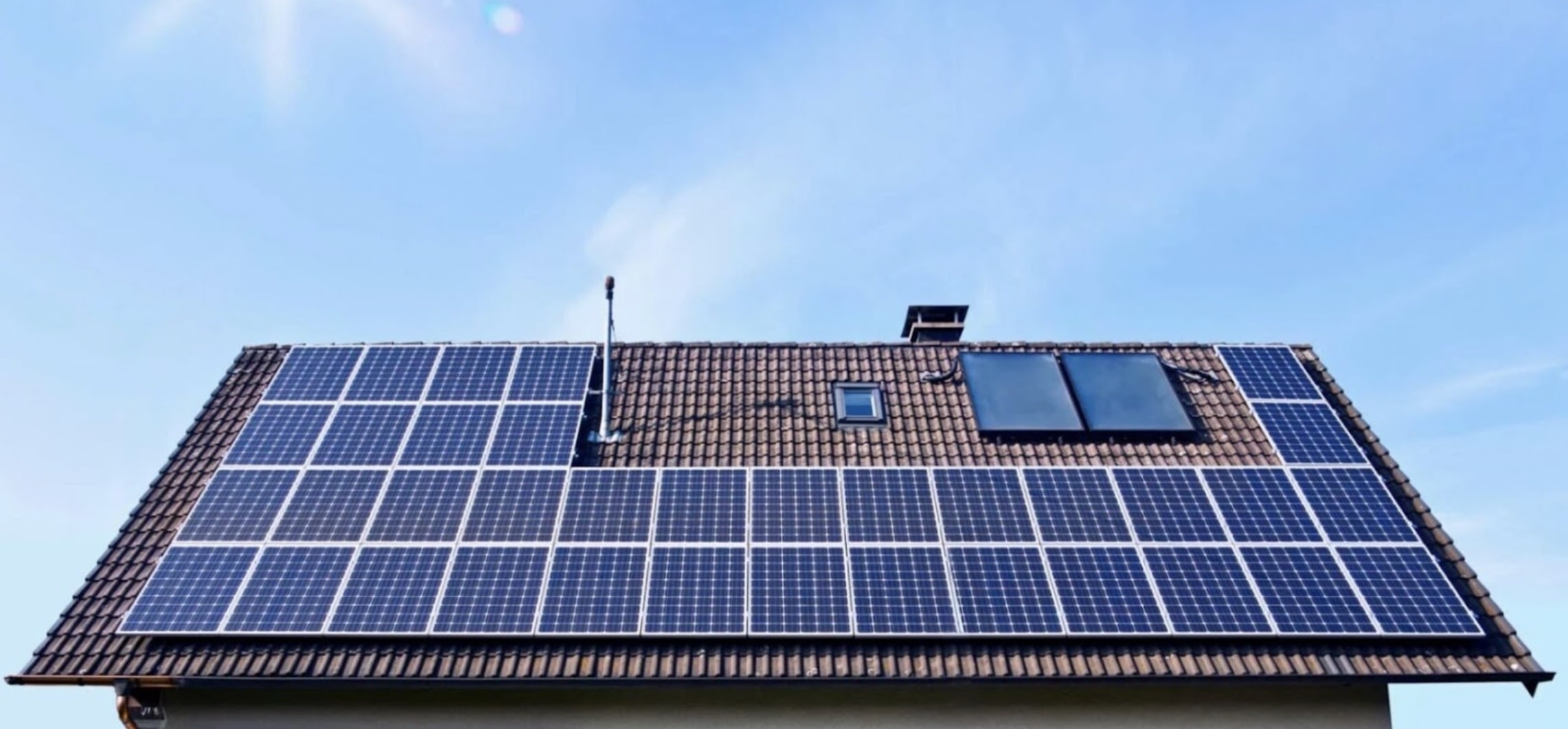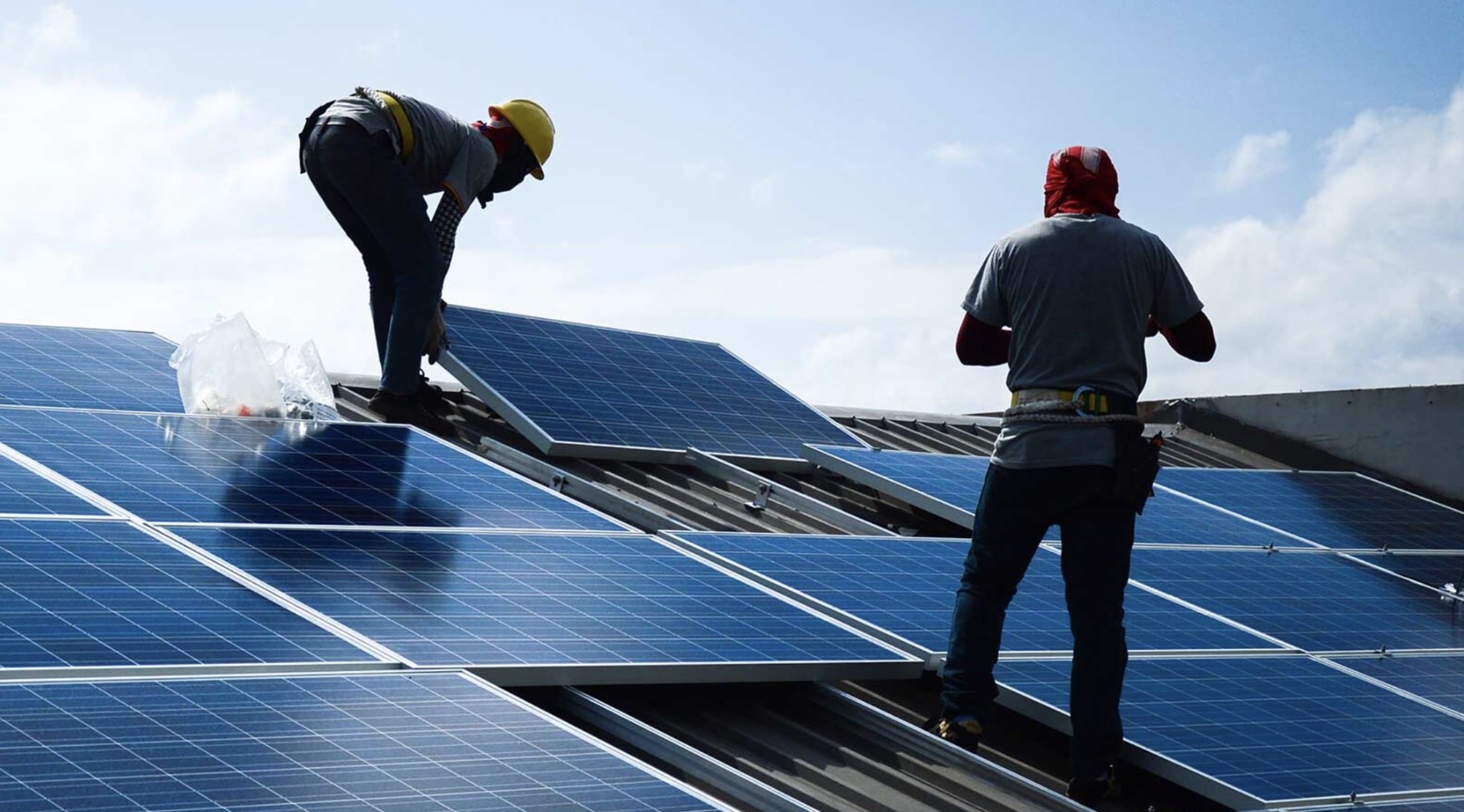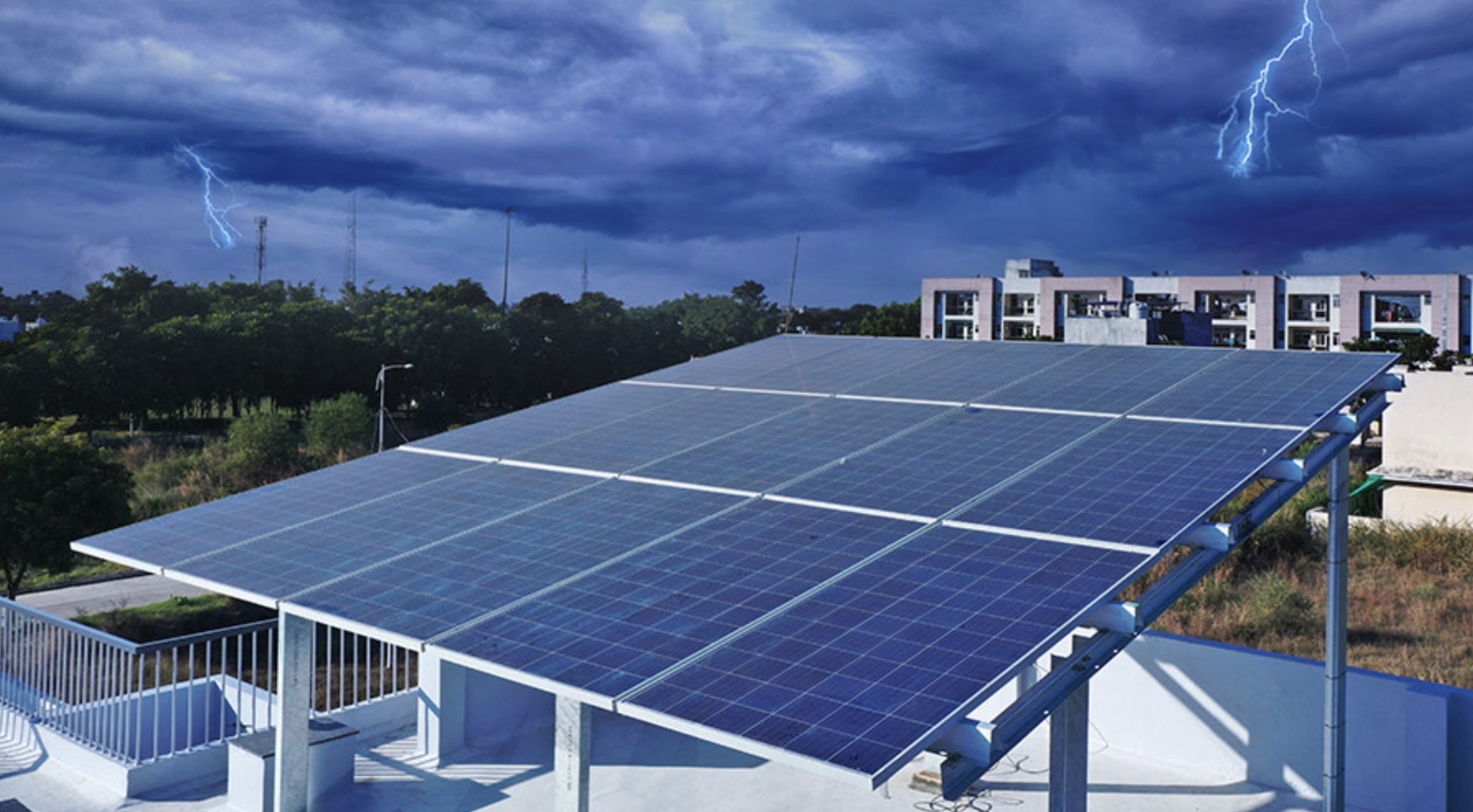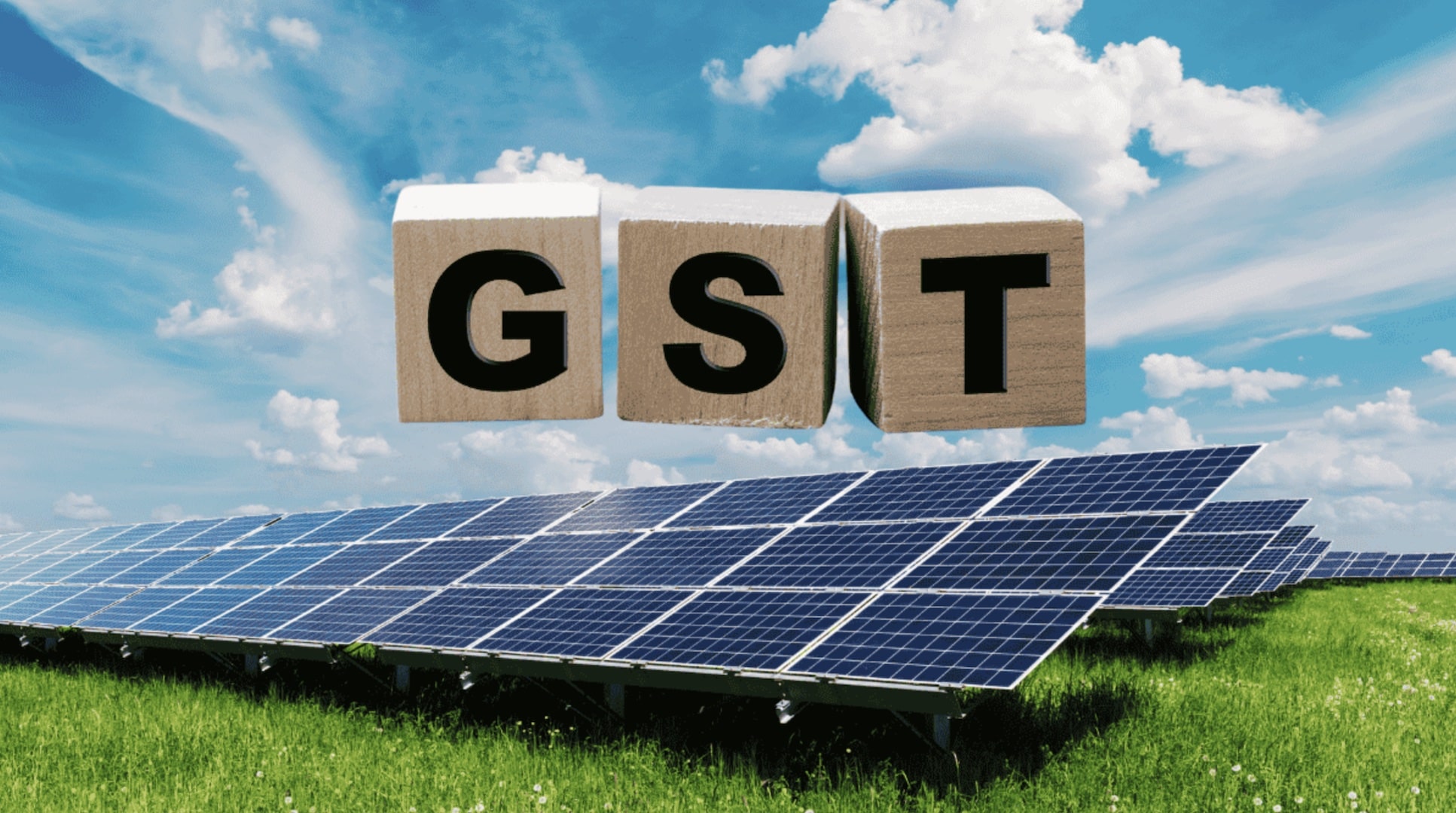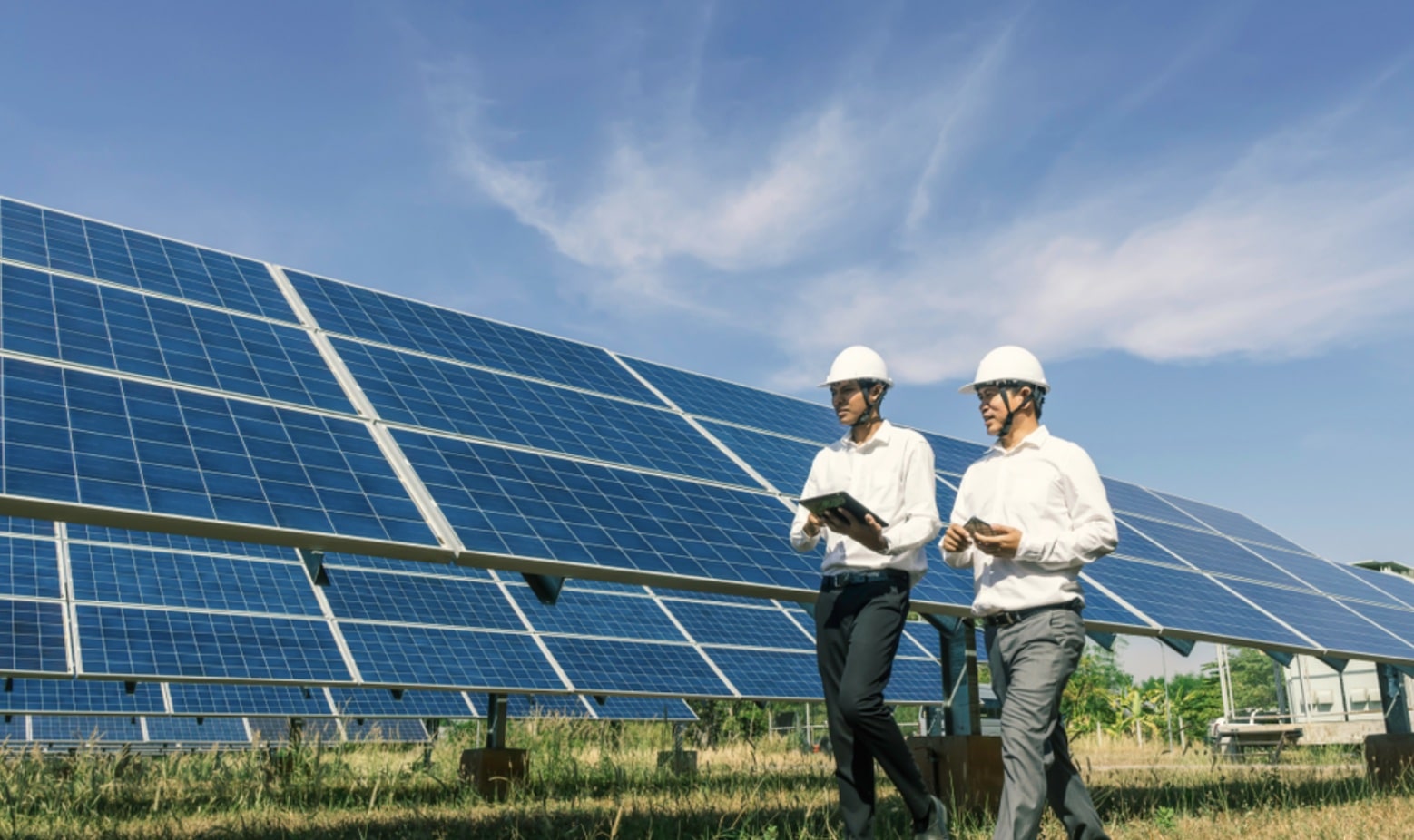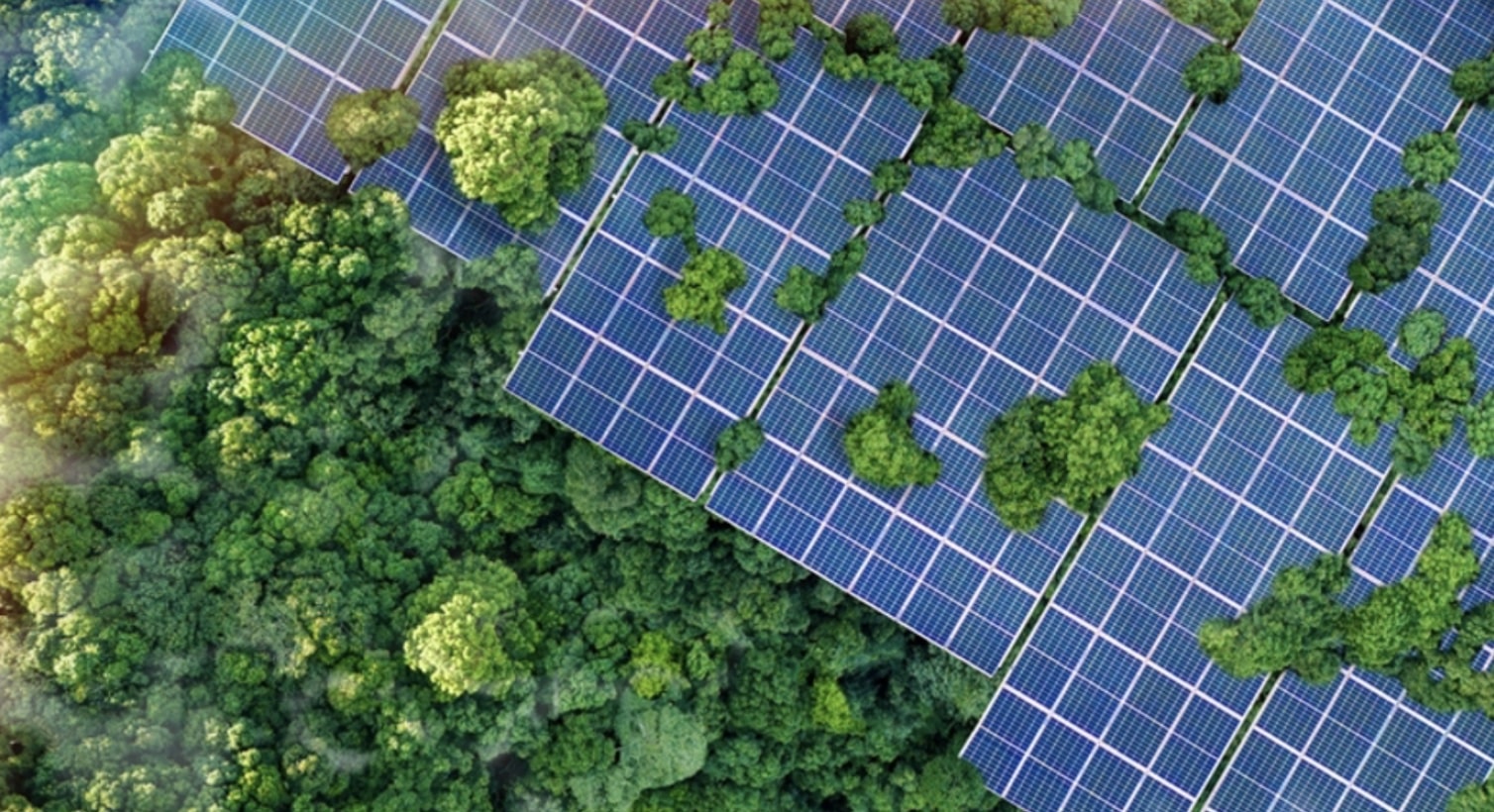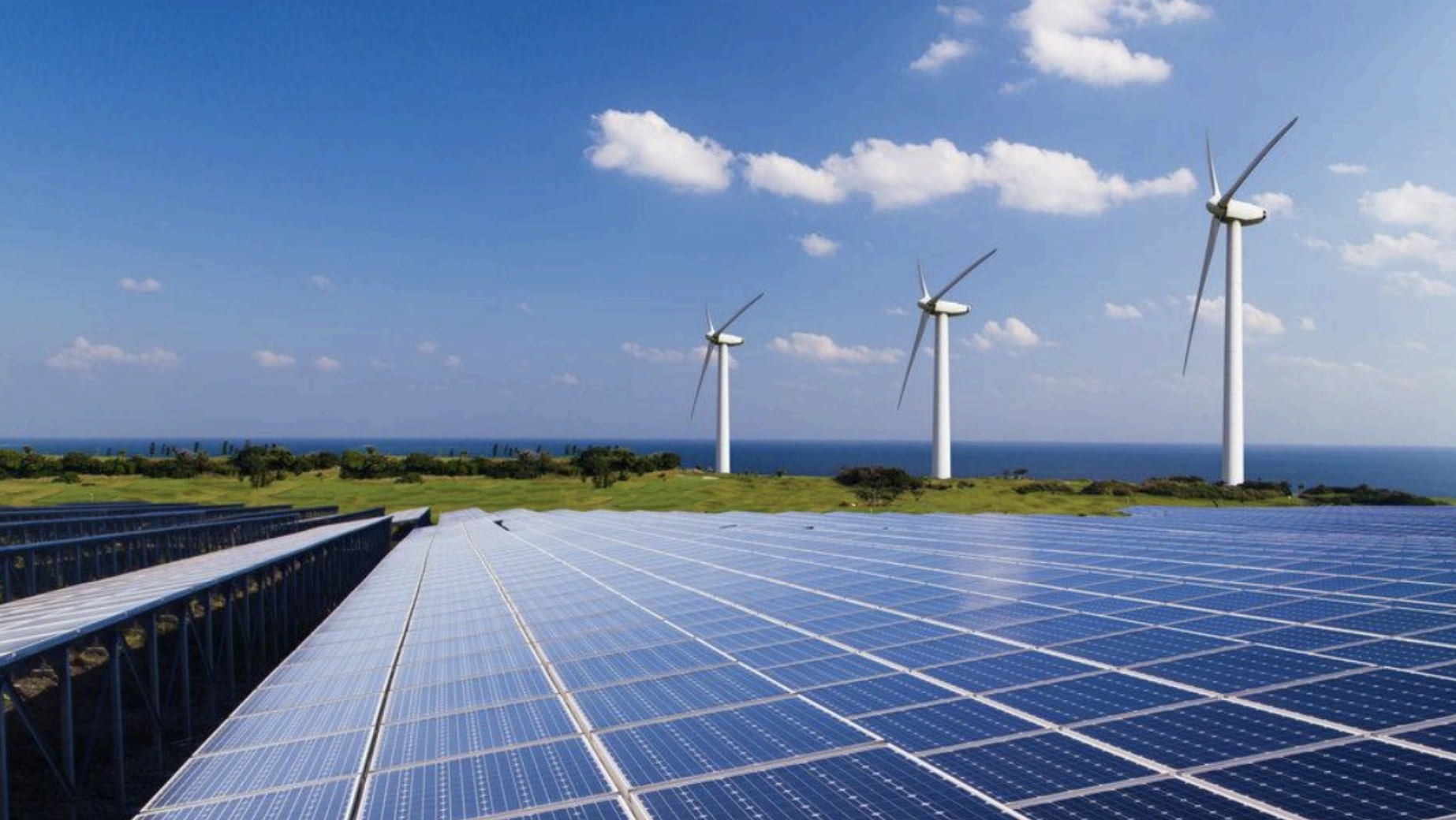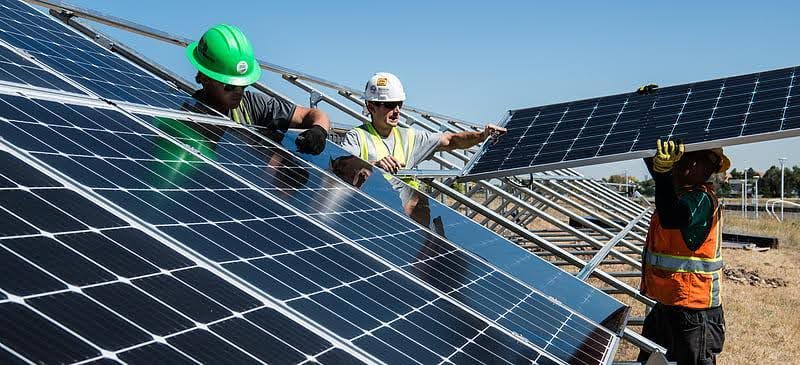Over the past 10 years, India has emerged as a global leader in renewable energy, making tremendous strides toward a greener and more sustainable future. With ambitious government initiatives, growing public awareness, and technological innovation, India’s renewable energy landscape has transformed significantly.
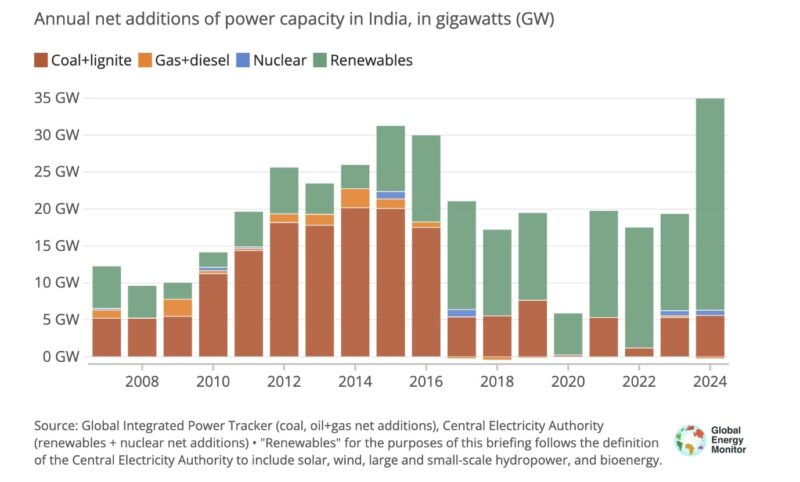 A Decade of Transformation
A Decade of Transformation
In 2014, India’s total renewable energy capacity stood at around 35 GW. Today, it has crossed 180 GW, marking more than a fivefold increase in just a decade! This includes impressive growth in solar, wind, hydro, and bioenergy sectors.
The Government of India’s proactive policies—such as the National Solar Mission, Renewable Purchase Obligations (RPOs), and the PM Surya Ghar Bijli Yojana—have accelerated this transition, empowering millions of citizens to embrace clean energy.
Solar Power: Leading the Charge
Among all renewable sources, solar energy has shown the fastest growth. From less than 3 GW in 2014 to over 80 GW in 2025, India’s solar revolution is reshaping how homes, businesses, and industries consume energy.
Rooftop solar systems, supported by government subsidies, have enabled thousands of households to reduce their electricity bills while contributing to a cleaner planet.
Wind and Other Renewables on the Rise
Wind energy continues to play a crucial role, contributing nearly 45 GW to India’s clean energy capacity. Meanwhile, hydro and biomass projects have helped maintain grid stability and support rural electrification.
Global Recognition
India now ranks among the top five countries in the world for installed renewable energy capacity. The nation’s commitment to achieving 500 GW of non-fossil fuel-based capacity by 2030 demonstrates its dedication to combating climate change and ensuring energy security for all.
The Road Ahead
With policies like the PM Surya Ghar Bijli Yojana, every citizen can be part of this green movement. By installing a Solar Rooftop System, you not only reduce your carbon footprint but can also avail a government subsidy of up to ₹78,000—making solar energy more affordable than ever!
Connect With Us
At Educosmic Solutions Pvt. Ltd., we are committed to promoting clean and renewable energy solutions for a brighter, sustainable future. Join hands with us to make India energy independent and eco-friendly.
📞 Contact: +91 940-389-1609
🌐 Website: www.solarfusion.in
📧 Email: [email protected]
👤 Director: Mr Gavish Jaiswal
Note: Install a Solar Rooftop System at your residence under the PM Surya Ghar Bijli Yojana and avail a government subsidy of up to ₹78,000.
📲 Stay connected with us:
🔹 Facebook: facebook.com/solarfusionind
🔹 Instagram: instagram.com/solar_fusion75

